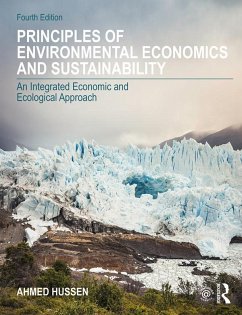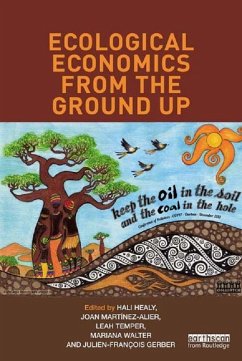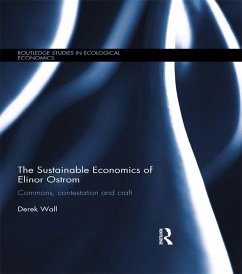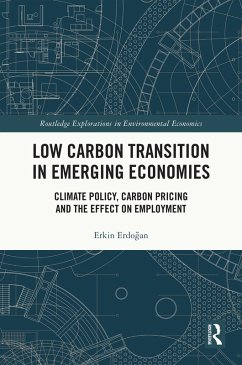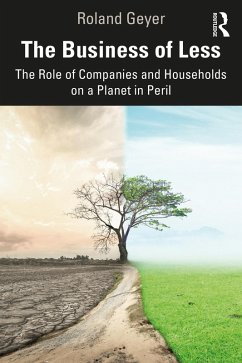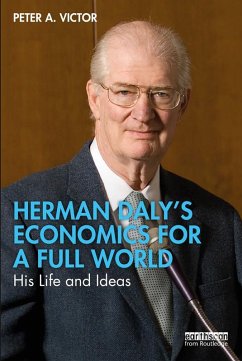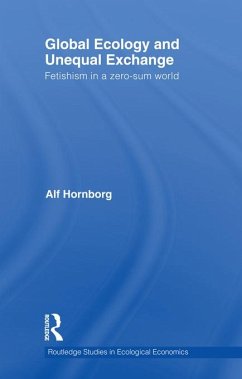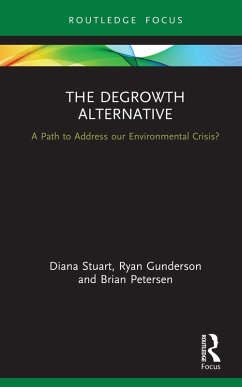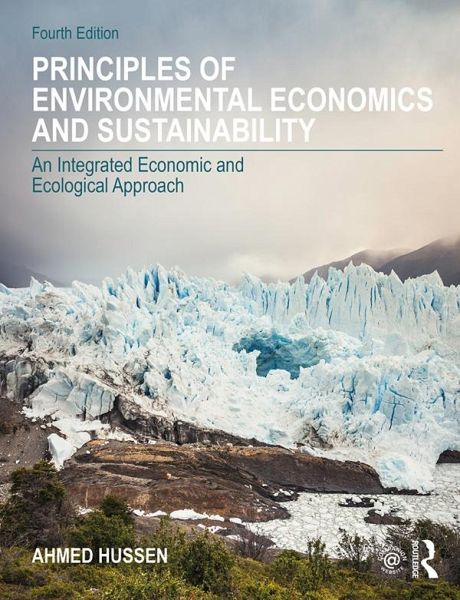
Principles of Environmental Economics and Sustainability (eBook, PDF)
An Integrated Economic and Ecological Approach
Versandkostenfrei!
Sofort per Download lieferbar
72,95 €
inkl. MwSt.
Weitere Ausgaben:

PAYBACK Punkte
36 °P sammeln!
Principles of Environmental Economics and Sustainability was the first textbook to make a serious attempt to systematically integrate ecological and economic principles. It successfully introduced ecological perspectives to the study of environmental economics while maintaining the integrity of the standard economic approach.In this new edition this notion continues to be embraced while also offering readers several further features, including greater in-depth coverage of the economics of climate change, expanded reference sections, and an updated and expanded "review and discussion questions"...
Principles of Environmental Economics and Sustainability was the first textbook to make a serious attempt to systematically integrate ecological and economic principles. It successfully introduced ecological perspectives to the study of environmental economics while maintaining the integrity of the standard economic approach.
In this new edition this notion continues to be embraced while also offering readers several further features, including greater in-depth coverage of the economics of climate change, expanded reference sections, and an updated and expanded "review and discussion questions" section. The unique integration of both mainstream and ecological approaches which this textbook provides proves particularly illuminating in relation to the following topics:
Written in a clear and accessible way, this key textbook is an excellent resource for all students of environmental economics. With study tools including learning objectives, case studies, and charts and graphs, this volume uses real-world examples to engage both students and academics within the field.
This text also accompanied by a Companion Website including resources for both students and instructors. Here you will find student study questions, interactive quizzes, and an instructor manual composed of lecture PowerPoint templates.
In this new edition this notion continues to be embraced while also offering readers several further features, including greater in-depth coverage of the economics of climate change, expanded reference sections, and an updated and expanded "review and discussion questions" section. The unique integration of both mainstream and ecological approaches which this textbook provides proves particularly illuminating in relation to the following topics:
- economics of climate change
- environmental valuation
- cost-benefit analysis and the environment
- sustainability in theory and practice
- limits to growth
- the role of technology
- the business case for environmental sustainability.
Written in a clear and accessible way, this key textbook is an excellent resource for all students of environmental economics. With study tools including learning objectives, case studies, and charts and graphs, this volume uses real-world examples to engage both students and academics within the field.
This text also accompanied by a Companion Website including resources for both students and instructors. Here you will find student study questions, interactive quizzes, and an instructor manual composed of lecture PowerPoint templates.
Dieser Download kann aus rechtlichen Gründen nur mit Rechnungsadresse in A, B, BG, CY, CZ, D, DK, EW, E, FIN, F, GR, HR, H, IRL, I, LT, L, LR, M, NL, PL, P, R, S, SLO, SK ausgeliefert werden.




